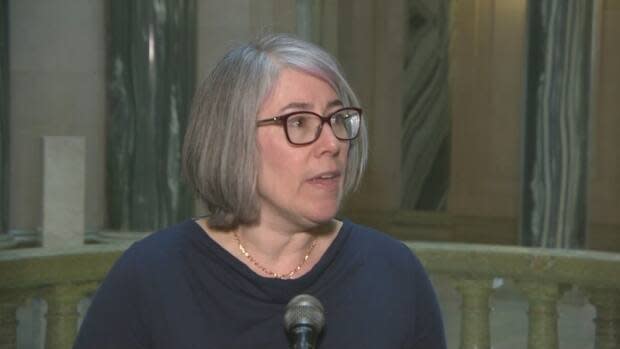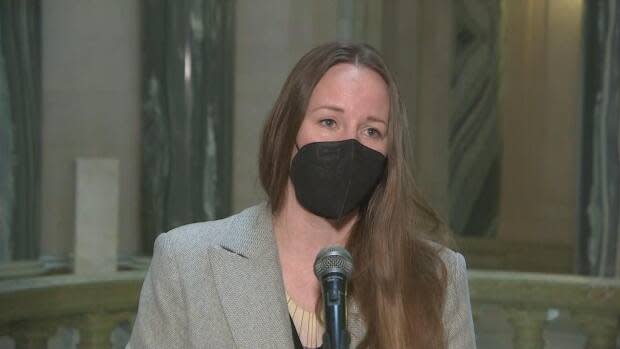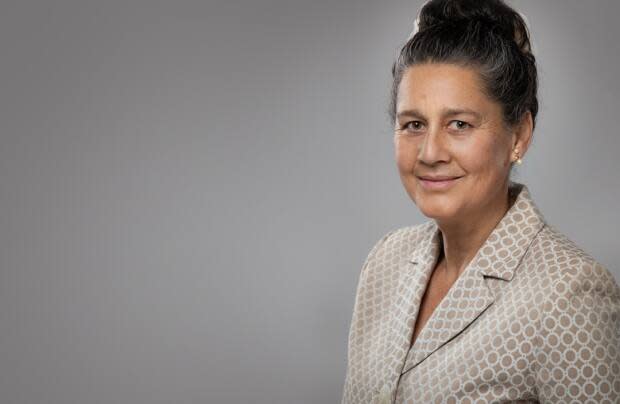Sask. budget's funding for universities gets mixed reviews

The funding for universities in Saskatchewan's budget for 2023-24 has received mixed reactions.
The faculty association at the University of Regina says it is not enough to stave off staff cuts, while the University of Saskatchewan's provost says it is a positive step.
The latest budget included $764.8 million for post-secondary education sector in the upcoming fiscal year — a $24.5 million or 3.3 per cent increase from last year. The provincial government and Saskatchewan's universities are entering the third year of a four-year funding agreement aimed at providing stability for post-secondary schools.
Saskatchewan post-secondary institutions are set to receive $697.4 million in operating and capital grants in the third year of the agreement.
The University of Saskatchewan, the University of Regina and their associated colleges will receive $431.8 million of that, down from $445.9 million in the 2022-2023 budget. There is also funidng for some infrastructure projects, including $8.7 million for electrical infrastructure at the U of S and $4 million for renovations at the U of S dental clinic.
Britt Hall, the president of University of Regina's faculty association, was disappointed by the new budget.
Hall said the U of R has asked its faculties and administration to reduce budgets by five to seven per cent as a result of financial difficulties during the pandemic and rising inflationary pressures.
"There was a little bit of money it looks like, but when we tried to do some digging as to specifics on that we were unable to find any answers," Hall said.

Staff cuts on the way
Hall said the U of R will have to cut some of its staff unless the government increases its funding, because the current increases aren't enough to match inflationary pressures. Hall referenced the $1-billion surplus in the budget.
"I suspect there could still be emergency or transition funding if they choose, but it certainly wasn't provided in the budget and we have been calling for that."
Hall said seasonal staff will be cut, increasing the workload for the remaining professors, creating more mental stress and reducing time for research.
She added the cuts could result in fewer classes being offered and some programs being in jeopardy.

NDP advanced education critic Jennifer Bowes said the increase in post-secondary funding was not enough.
"We are are concerned that his budget contributes to the erosion of the publicly funded education system in Saskatchewan," Bowes said.
"We were expecting and hoping for a budget that meets the expectations of covering the cost of inflation and covering enrolment growth in this province."
This is a positive budget: U of S provost
Airini, the University of Saskatchewan's provost, said the institution welcomes the new budget.
"Overall this is a positive budget in which the government's continuing to invest in post-secondary and our shared priorities for Saskatchewan," Airini said.
"We are still working on analyzing the budget materials. At first glance though, the government investment is a positive signal in building a stronger Saskatchewan."

Airini said the government is showing confidence in the contributions the post-secondary sector can make.
"We are aware that there are challenges that we're all facing through inflation, and through recovering from COVID and its impact on the economy. For the University of Saskatchewan, we're strong because of the multi-year funding approach," Airini said.
"This multi-year funding approach really allows the university to build to advance and to do so with predictability."
Airini said the U of S would welcome the opportunity to sit down with the government to discuss continued partnerships once the multi-year funding agreement ends.


